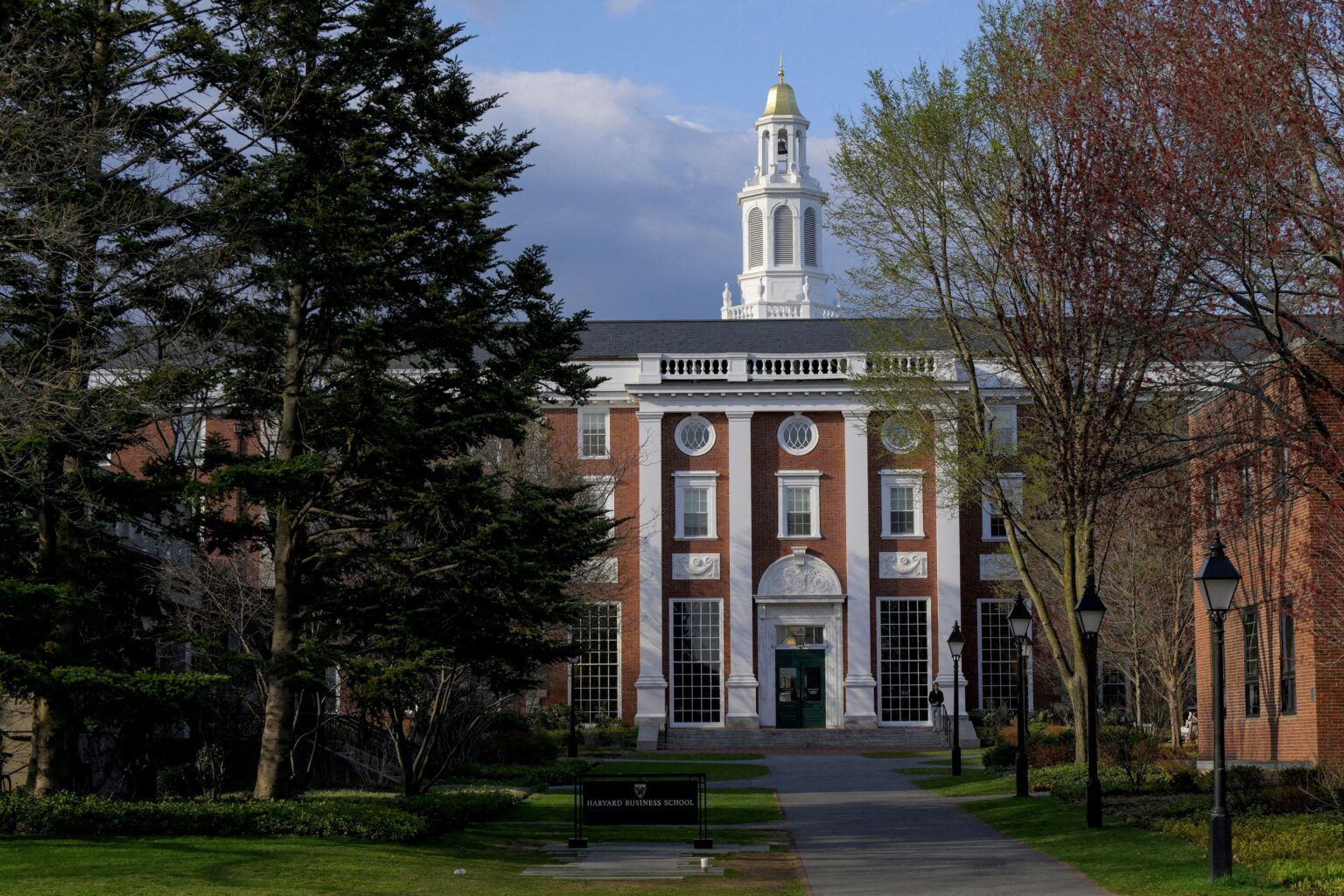President Trump Moves to Limit International Academic Mobility at Harvard University
In a significant escalation of its efforts to influence higher education policies, the Trump administration announced on Wednesday evening a new directive aimed at restricting the entry of international students and researchers to Harvard University. This move seeks to prevent individuals from entering the U.S. to study, teach, or conduct research at the prestigious institution, marking a notable shift in federal immigration enforcement concerning academic institutions.
Background and Context of the Executive Action
The proclamation titled “Strengthening National Security by Addressing Risks at Harvard University” follows a recent legal setback for the administration. Just days prior, a federal judge issued a temporary restraining order that blocked the Department of Homeland Security (DHS) from revoking Harvard’s authority to host foreign students and scholars. The administration’s stance stems from allegations that Harvard has permitted individuals with anti-American or pro-terrorist sentiments to harass, assault, and disrupt campus life, especially amid heightened tensions related to the Israel-Gaza conflict during the 2023-2024 academic year.
Legal Challenges and Institutional Response
Harvard University responded swiftly, asserting that the federal government’s actions are unlawful and infringe upon its First Amendment rights. A university spokesperson emphasized, “This is yet another illegal retaliatory step by the administration. Harvard remains committed to safeguarding its international community.” The institution has filed two lawsuits challenging the legality of the federal government’s measures, asserting that they are unconstitutional and unjustified. Harvard also maintains that it is actively working to combat discrimination and ensure a safe, inclusive environment for all students.
Federal Measures and Harvard’s Reactions
In retaliation, the federal government has initiated a series of punitive actions, including reviewing billions of dollars in federal grants, terminating research contracts, launching investigations, and threatening to revoke Harvard’s tax-exempt status. Harvard contends that these measures are retaliatory, aimed at punishing the university for resisting federal overreach and maintaining academic independence.
The New Immigration Restrictions
According to the recent proclamation, the U.S. government deems it necessary to restrict the entry of foreign nationals who intend to study or participate in exchange programs at Harvard, citing concerns that such entries are “detrimental to U.S. interests.” The president’s decision is based on the belief that Harvard’s recent conduct has rendered it an unsuitable destination for international students and researchers. The restrictions will remain in effect for six months unless extended, and they are exclusive to Harvard, not affecting other universities.
Implementation and Oversight
The proclamation directs the Secretaries of State and Homeland Security, along with the Attorney General, to enforce these restrictions. Attorney General Pam Bondi announced that the Department of Justice would vigorously defend the president’s decision, citing national security as the primary concern. It’s important to note that presidential proclamations differ from executive orders; they generally do not carry the force of law unless authorized by constitutional or federal statutes, as explained by the Library of Congress.
Concerns Over Data Reporting and Security
The DHS has requested detailed information about foreign students, including any known illegal activities or threats. Harvard reported misconduct involving only three students, but the DHS found this data insufficient for evaluation. The administration claims that Harvard’s reporting practices are inadequate, suggesting either a lack of transparency or insufficient oversight of international students. Harvard maintains that it has complied with legal requests for information but was told its responses were inadequate.
Impact on Harvard’s International Community
Harvard currently hosts over 7,000 international students and scholars, with expectations of thousands more arriving for upcoming academic terms. The university’s global reputation and diverse academic opportunities attract students from more than 100 countries, making international enrollment a vital component of its academic environment. The new restrictions could significantly impact this vibrant international community, raising concerns about the future of global academic exchange at Harvard.

